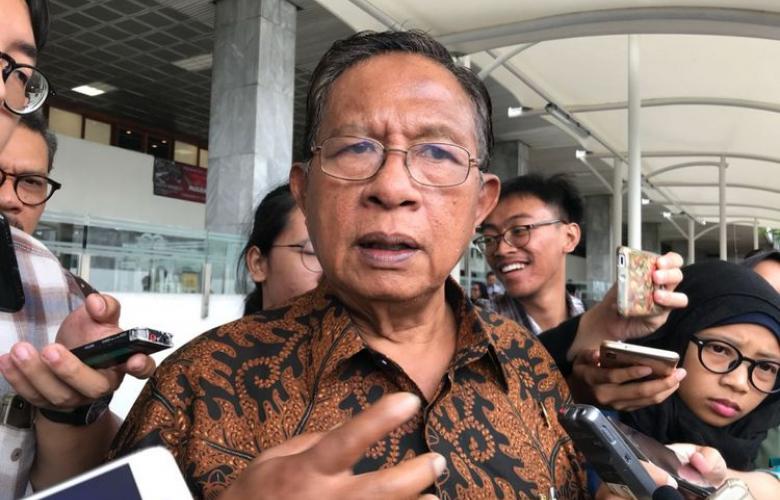Jokowi's administration announced the 16th Economic Policy Package recently to much press exposure across Indonesia and the region. Some of it good, some of it not. Why the fuss? Because one of the policy packages removes 54 businesses from the negative investment list (Daftar Negatif Investasi or DNI) with 25 businesses in 8 sectors effectively being opened for up to 100% foreign ownership opportunities.
According to BKPM (the Indonesian Investment Coordinating Board) the purpose of the DNI has been to protect the Indonesian economy, as well as providing more investment opportunities for local players. For some foreign observers and investors however, the DNI has been seen as a rather haphazard and crude form of protectionism, giving fuel to the fire of negative perceptions and mindset as much as to negative investments.
Terje Nilsen, Principal of Harcourts Seven Stones told WILLIAMS MEDIA "in my opinion, the Indonesian government is doing a great job in balancing out some difficult macro-economic aspects. If they gave full access to foreign interests, the locals would for sure be overrun. If they totally restricted access to foreigners the country would not be able to compete in a global market place. This is also combined with long-term planning, existing trade agreements and the heightening tensions resulting from the current China- US Trade War."
Like it or not the DNI has played an important role in the growth of the Indonesian economy and the primary aim of revising it is to attract more direct investment into the country, which it is hoped will boost economic activity and lead to a reduced reliance on imports.
Special Staff of the Coordinating Minister for Economic Affairs, Edy Putra Irawady said at a recent press conference at the Office of Darmin Nasution, the Coordinating Ministry for Economic Affairs in Central Jakarta, that as many as 54 business fields are now open to foreigner ownership.
The following is a list of the businesses and sectors whose capital or shares can be 100 percent foreign owned as reported by Kompas.
Communication and Information Sector
- Data communication system services
- Fixed telecommunications network
- Implementation of mobile telecommunications networks
- Implementation of telecommunication services content services
- Call center or call center services and other telephone value added services Internet access services
- Telephone internet services for public interest
- Internet interconnection services (NAP), other multimedia services
Energy and Mineral Resources Sector
- Oil and gas construction services
- Geothermal survey services
- Oil and gas drilling services
- Geothermal lighting services
- Geothermal operation and maintenance services
- Power plants> 10 MW
- Examination and submission of electricity installations for electricity supply installations or utilization of high or extra high voltage electricity
Health Sector
- Pharmaceutical industry finished drugs
- Acupuncture service facilities
- Pest control/fumigation services
Transportation Sector
- Transport of people with land modes not on routes, tourism transport and transportation of certain transportation sectors
- Foreign sea modes for passengers (excluding cabotage)
Employment Sector
- Job training (giving, obtaining, increasing, developing work competencies, productivity, discipline, attitudes and work ethics includes the fields of vocational engineering and engineering, trade, language, tourism, management, information technology, arts and agriculture which are directed to equip the workforce to enter the workforce).
Tourism Sector
- Art Gallery
- Performing Arts Gallery
Trade Sector
- Community survey / poll services and market research
Forestry Sector
- Exploitation of natural tourism in the form of exploiting ecotourism facilities, activities and services within the forest area
According to Indonesia Investments the 16th Economic Package also involves an expansion of Indonesia's tax holiday programme and the provision of tax incentives for the newly mandated conversion of export earnings to Rupiah.
Sources: Kompas, Tempo, Indonesia Investments, Jakarta Globe, Vaaju, Republika, The Jakarta Post, Tirto
Similar to this:
Click on Bali for free Internet access in 2019
Smart city initiatives critical for Indonesia's urban growth
Construction Boosting Bali's Economy





